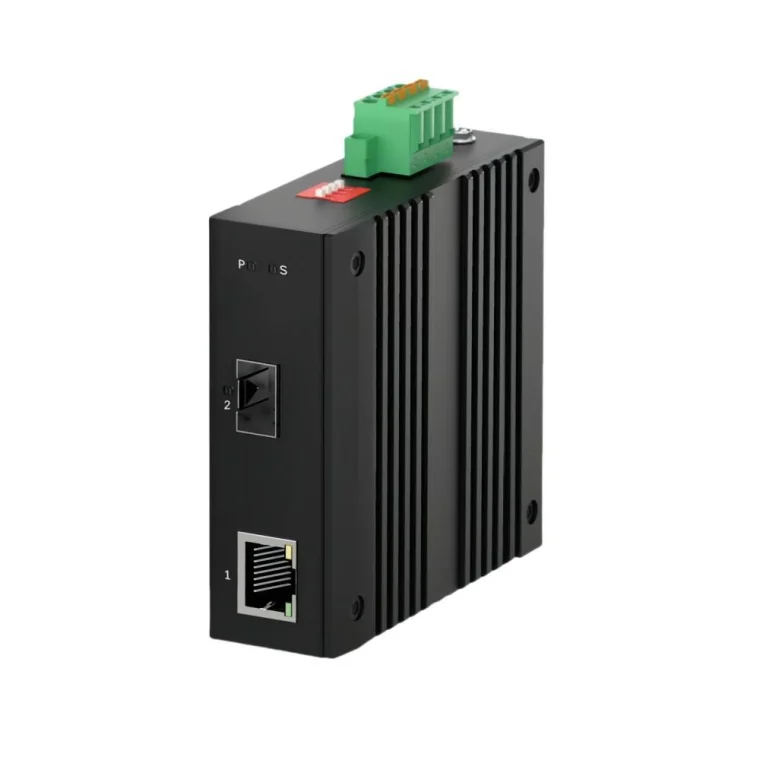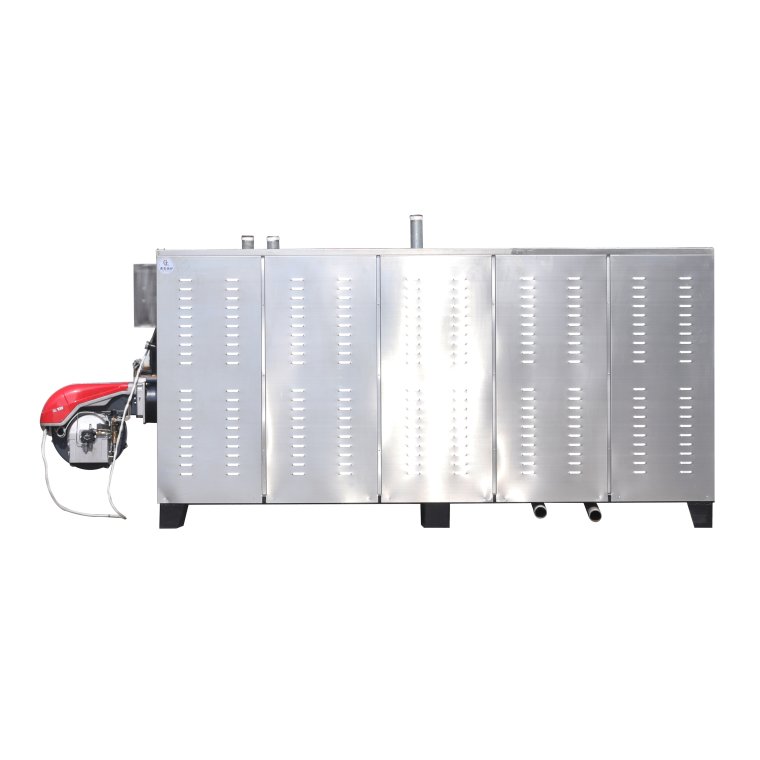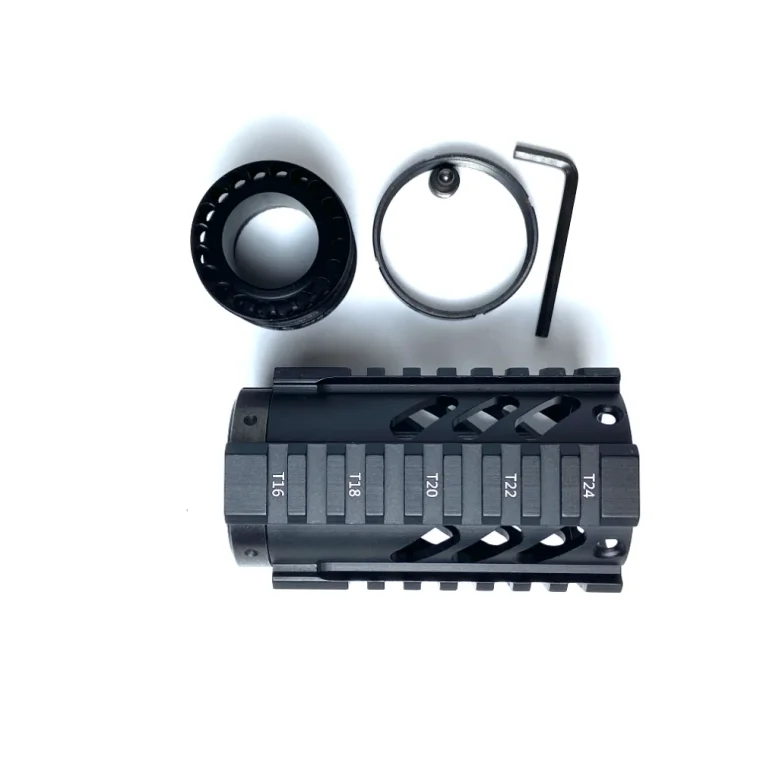In today’s fast-evolving industrial environments, maintaining stable and high-speed network communication is crucial. However, traditional Ethernet cabling often fails to withstand the extreme temperatures, moisture, dust, and electromagnetic interference common in industrial settings. This is where industrial media converters come into play.
An industrial media converter is a compact, rugged networking device designed to convert electrical Ethernet signals to optical signals and vice versa, enabling reliable fiber connectivity across long distances and in harsh environments. These converters play a vital role in extending network reach while ensuring stability and safety.
Whether you're managing a manufacturing plant, power station, transportation hub, or outdoor surveillance system, understanding the function and benefits of industrial media converters is essential. Let’s explore what they are, how they work, and why they matter—especially with advanced solutions from trusted providers like FlyingFiber Co., Ltd.

What Does an Industrial Media Converter Do?
An industrial media converter allows the seamless integration of fiber optics into copper-based Ethernet networks. It supports the conversion between different media types, such as:
-
Copper to Fiber: Converts standard RJ45 Ethernet connections to fiber optics (SC, ST, or LC connectors)
-
Multi-mode to Single-mode Fiber: Enables signal conversion between different fiber types
-
Wavelength Conversion: Converts signals between different light wavelengths for advanced fiber configurations
These functions help ensure data transmission remains fast, secure, and uninterrupted, even in challenging industrial conditions.
Why Use Industrial Media Converters Instead of Commercial Ones?
Unlike media converters used in office settings, industrial media converters are engineered for durability and reliability. Key advantages include:
-
Wide Operating Temperature Ranges: Typically -40°C to +75°C, ensuring performance in extreme heat or cold
-
Rugged Housing: Often built with hardened metal enclosures to resist shocks, vibrations, and corrosion
-
DIN Rail Mounting Options: Easy integration into industrial cabinets and control panels
-
Enhanced Surge and ESD Protection: Designed to prevent damage from power fluctuations and static
These features make them ideal for harsh environments like factories, outdoor installations, and transportation infrastructure.
Common Applications of Industrial Media Converters
Industrial media converters are used across a wide range of sectors to support mission-critical operations, including:
-
Factory Automation: Connecting programmable logic controllers (PLCs), sensors, and robotic systems across production lines
-
Oil and Gas Fields: Supporting data transmission in remote and hazardous locations
-
Power and Utilities: Providing network links between substations and control centers
-
Traffic and Surveillance Systems: Powering IP cameras and traffic controllers in smart city projects
-
Marine and Rail Transport: Enabling reliable network communication on vessels and trains
Choosing the Right Industrial Media Converter
When selecting an industrial media converter, consider these factors:
-
Required data speed (Fast Ethernet or Gigabit)
-
Fiber type (single-mode or multi-mode) and distance range
-
Connector type (SC, ST, LC, or SFP slot)
-
Mounting style (DIN rail or wall mount)
-
Power supply options (DC, redundant input, PoE)
-
Environmental certifications (IP rating, EMC compliance)
Working with an experienced supplier ensures you get the right product for your application.
Why Choose FlyingFiber Co., Ltd.
As a leading provider of fiber optic communication solutions, FlyingFiber Co., Ltd. has over a decade of experience serving customers across the globe. The company offers a wide range of passive fiber products, active transmission equipment, and fiber testing tools, with a focus on delivering high-quality, reliable, and customized solutions for industrial and commercial networks.
FlyingFiber’s industrial media converters are built to perform under the toughest conditions and support global standards for networking and safety. With a strong commitment to quality control, customer service, and technical innovation, FlyingFiber has become a trusted partner for businesses in telecommunications, energy, transportation, and manufacturing industries.
Final Thoughts
Industrial media converters are essential tools for expanding and protecting network infrastructures in rugged environments. By enabling copper-to-fiber connectivity, they ensure data integrity, reduce downtime, and support high-speed communication across great distances.
For organizations seeking durable and high-performance fiber networking solutions, partnering with an experienced manufacturer like FlyingFiber Co., Ltd. is a smart investment. Their deep industry expertise and comprehensive product offerings make them a valuable resource in any industrial communication setup.
Let FlyingFiber help you build a more resilient and efficient fiber optic network—wherever your operations take you.
www.flyingfiber.com
Shenzhen FlyingFiber Co., Ltd.


